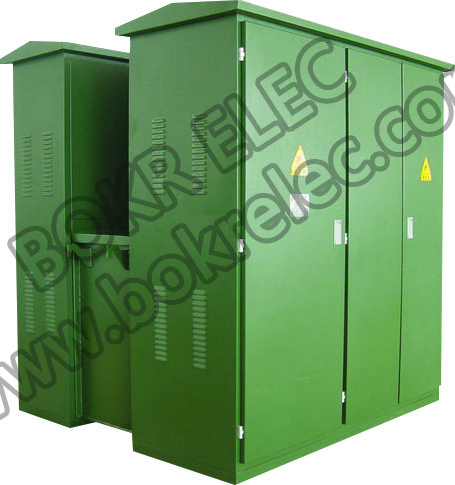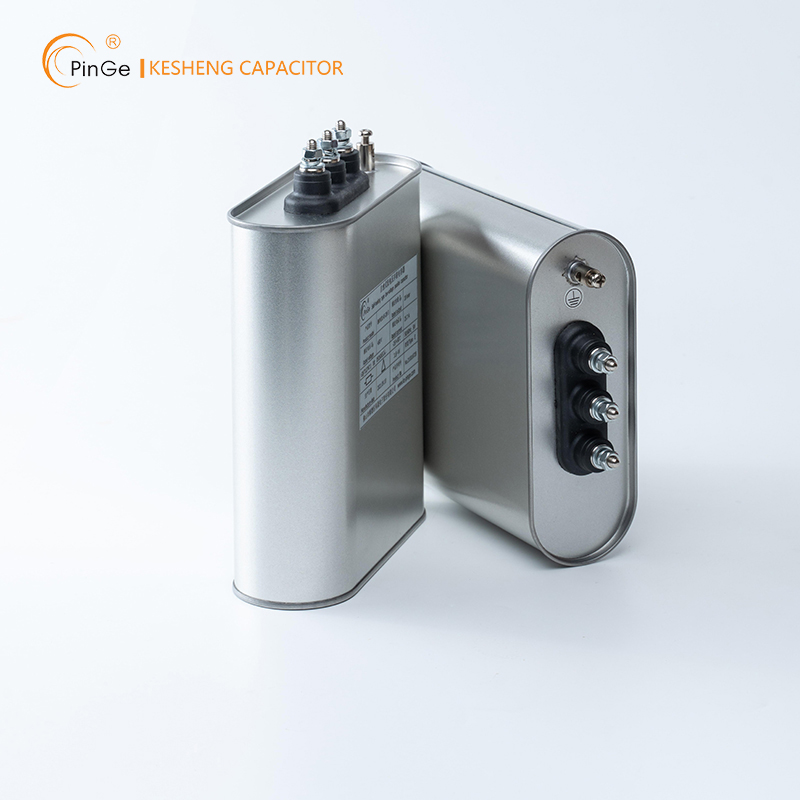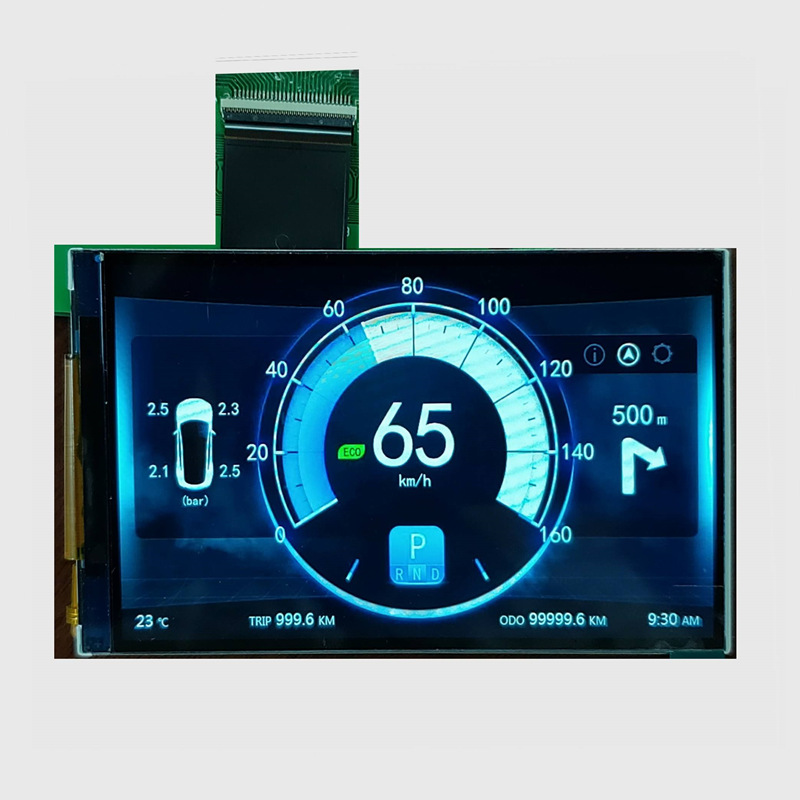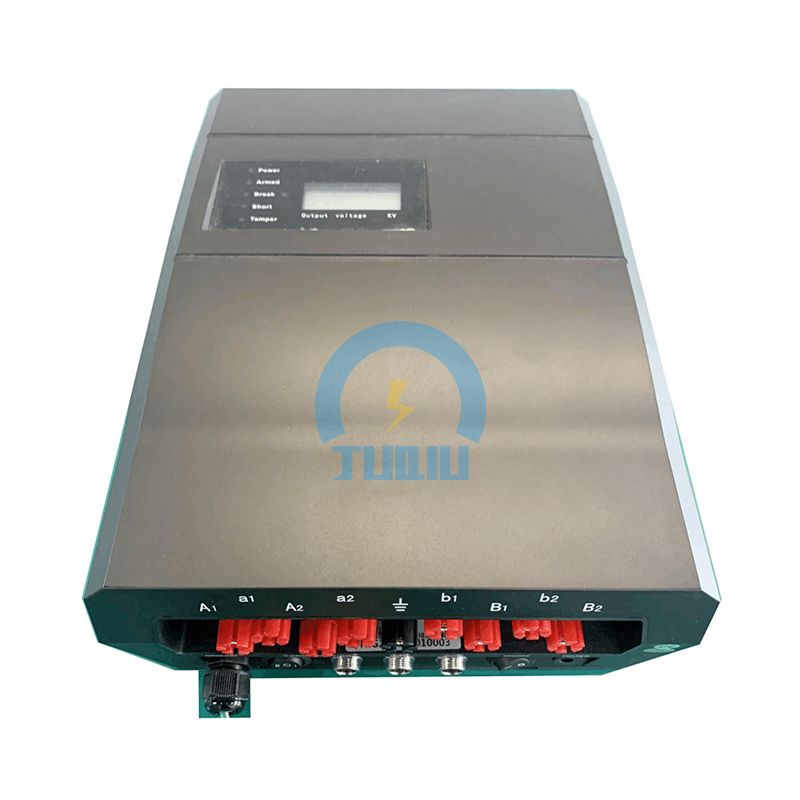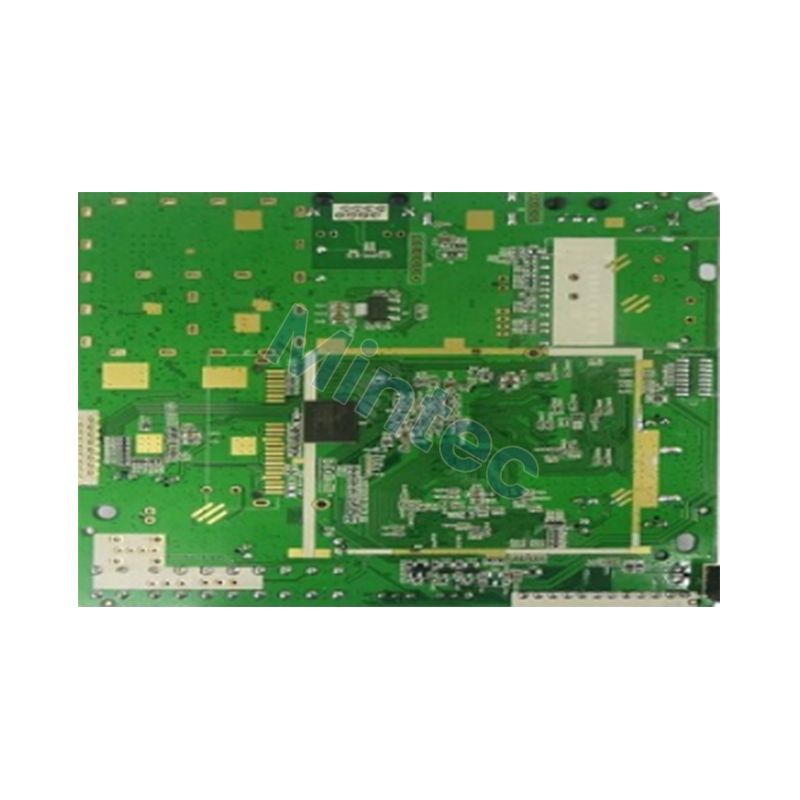How long can a UPS Uninterruptible Power System provide backup?
In the realm of uninterruptible power systems (UPS), the duration of backup power is a critical factor that businesses and individuals alike need to understand thoroughly. How long can a UPS Uninterruptible Power System provide backup? This question is not just a technical query; it's a strategic consideration that can make a significant difference in ensuring uninterrupted operations during power outages.
Understanding UPS Components
A UPS comprises three primary components: the battery, inverter, and rectifier. Each plays a crucial role in delivering seamless power during outages. The battery acts as the energy reservoir, the inverter converts DC power to AC for compatible devices, and the rectifier charges the battery and supports the load when the power is on.
Factors Influencing Backup Duration
Several factors influence how long a UPS can provide backup power:
1. Battery Capacity
The capacity of the battery is the most fundamental factor. It is measured in Volt-Amperes (VA) or Watts (W). The higher the capacity, the longer the UPS can sustain power to connected devices.
2. Load on the UPS
The load on the UPS, represented by the total power drawn by connected devices, directly impacts the backup duration. Managing the load efficiently can extend the UPS's backup capabilities.
3. Battery Age and Health
Over time, batteries degrade. The age and health of the battery significantly affect its ability to hold a charge. Regular maintenance and timely replacement are essential to maximize backup duration.
4. UPS Efficiency
The efficiency of the UPS system itself influences how much power is lost during the conversion process. Higher efficiency means more power is available for connected devices.
Calculating Backup Duration
Simple Formula
To determine how long a UPS can provide backup power, you can use a simple formula:

Electronic Components & Supplies
Drone Motor Efficiency: Factors to Consider for Longer Flight Times
Capacitive Touch Displays: The Technology Behind Modern Interactive Screens
Understanding LiFePO4 Batteries: A Powerful and Sustainable Energy Solution
10 Useful Commercial Solar Inverters
PM OLED Display vs. AM OLED Display: Unveiling the Ultimate Visual Technology Showdown
What is a Three-Phase Hybrid Inverter and How Does It Work?
This formula provides a basic estimate, but keep in mind that real-world scenarios may vary due to the factors mentioned earlier.
Advanced Calculations
For a more accurate prediction, consider using UPS Batteries runtime calculators available online. These tools factor in additional variables like battery efficiency, age, and the specific model of the UPS.
Maximizing UPS Backup Duration
Strategic Tips
To get the most out of your UPS, consider implementing the following strategies:
1. Right-Sizing the UPS
Invest in a UPS with an adequate battery capacity for your specific needs. Avoid overloading the UPS, as it can lead to a rapid depletion of backup power.
2. Regular Maintenance
Frequent battery maintenance is crucial. This includes checking for corrosion, ensuring proper ventilation, and replacing batteries according to the manufacturer's recommendations.
3. Load Management
Efficiently manage the load on the UPS. Prioritize critical devices and consider investing in energy-efficient appliances to reduce overall power consumption.
4. UPS Placement
Properly place the UPS in a well-ventilated area to prevent overheating. Ventilation not only extends the lifespan of the UPS but also contributes to its optimal performance.
In conclusion, the question, "How long can a UPS Uninterruptible Power System provide backup?" is multifaceted. By understanding the components of a UPS, the factors influencing backup duration, and employing strategic tips to maximize performance, you can ensure that your UPS serves as a reliable fortress against power interruptions.
Additional reading:Is Electrolytic Capacitor Used for AC or DC?
Applications of High Precision Film Fined Resistors
Wire and Cable Professional Knowledge
Liquid Tight Flexible Metal Conduit: Versatile, Durable, and Secure
The Role of Circuit Breakers in Electrical Safety
Choosing and Installing PE Cable Threading Pipe
Where is Waterproof Flexible Metal Conduit Typically Used?






